You can't use a EEPROM or any other storage means that is digital without first converting your signal to digital. Using a microcontroller is the obvious and simple way to do that.
However, if you really want to satisfy your inner cave man, acquire one of these:

This stores analog data from a few 10s of Hz to a few kHz. You'll have to consult some clay tablets to learn how to use it.
One problem you will have is that the frequency of interest is probably lower than what it can record. The solution is to have your signal drive a voltage-variable oscillator, then record the output of that oscillator. In other words, FM-modulate your low-frequency signal.
There are ICs that implement the voltage-controlled oscillator function, but that would way too sensible and clash with your retro goal. Get a few of these:

and make your own.
After the data has been stored, you "rewind" (see clay tablets) the storage medium. Then "play" it into a PC sound card. The PC finds the frequency of the signal, from that converts back to the voltage, and from that determines the actual data value.
Or, you could just use a microcontroller and consume less time, money, power and space.


